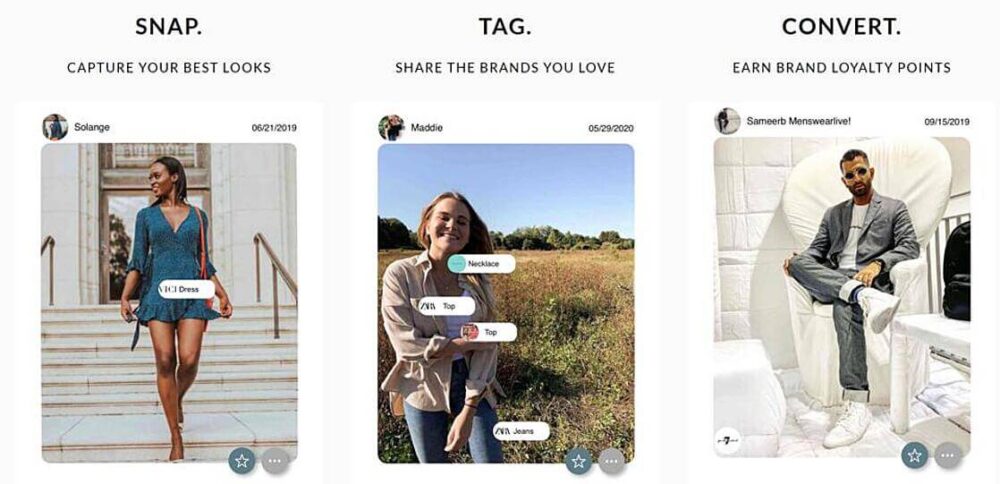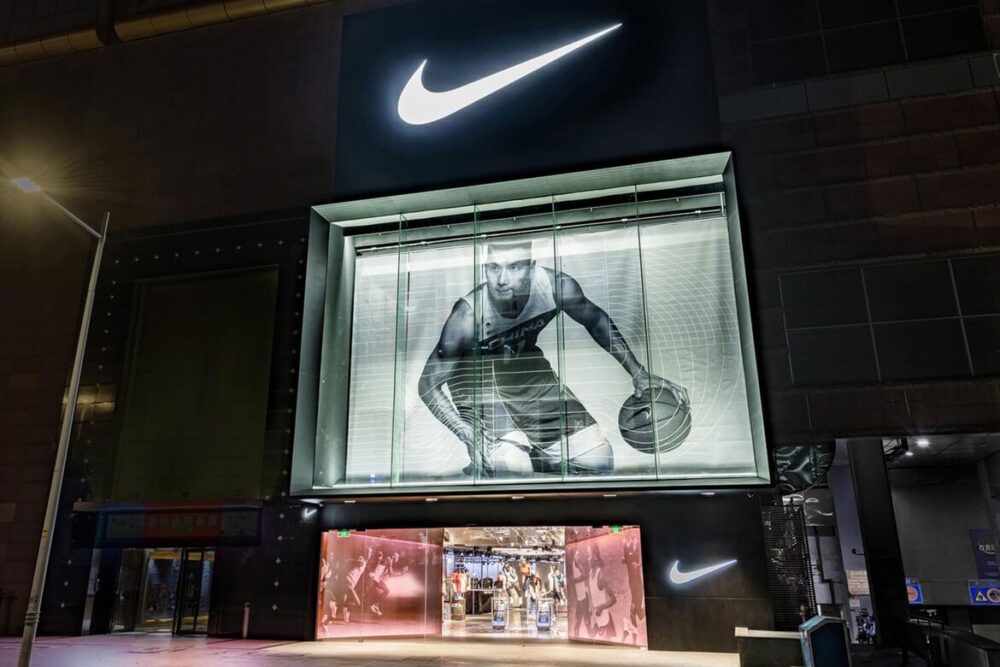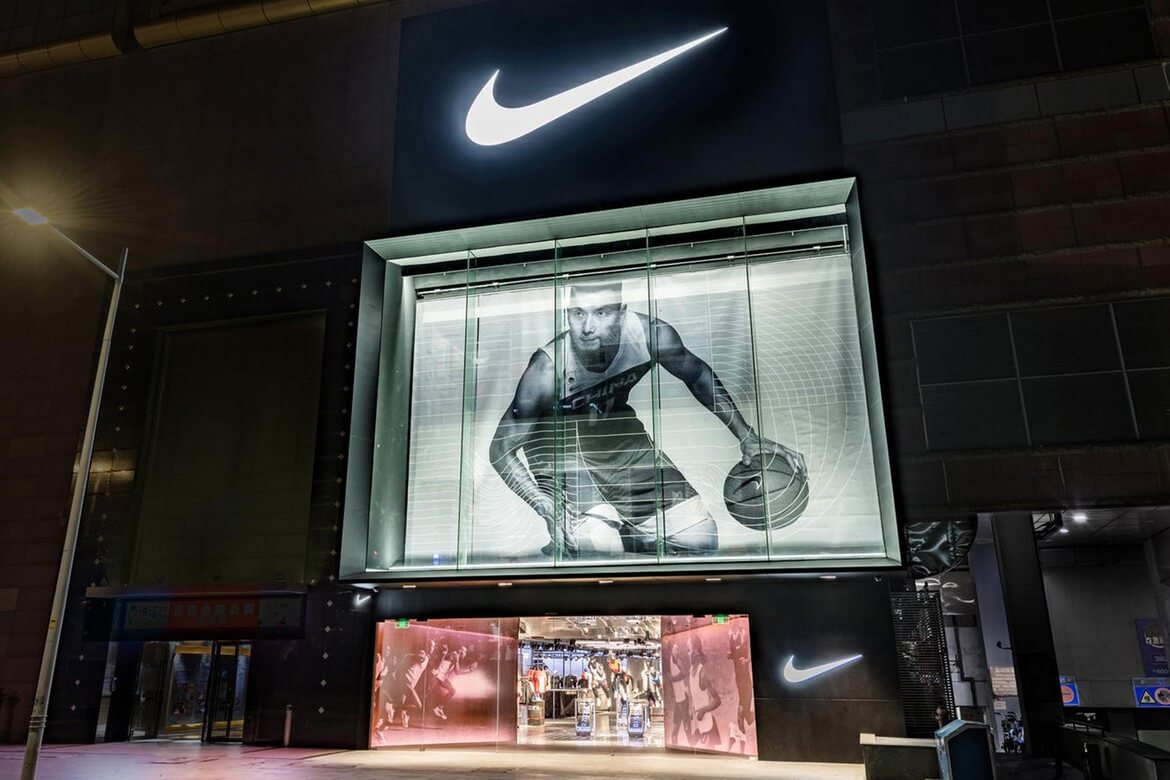Just when we thought the world couldn’t love social media anymore, the globe’s entire population have increased their social media consumption by 21% this year. This perhaps won’t come as a shock, with day-to-day life coming to a standstill in March, face-to-face interaction taken away from us, and many more hours in the week given to many of us to aimlessly scroll through Instagram or make TikTok videos. And speaking of TikTok – it’s had over one billion downloads so far in 2020, proving itself to be a social media champion this year.
This increase in social media usage is only likely to continue rising. In turn, social retail initiatives will grow in popularity too… Green Room Design explore.
Who’s leading the way?
As reported by Forbes, Mespoke is one app defining this trend. Mespoke is a social engagement platform that allows customers to shop their friends’ wardrobes, share looks, promote their favourite products, and earn loyalty points while doing so. Mespoke’s patented technology uses artificial intelligence, user-generated content, and engagement algorithms to create a unique direct-to-consumer channel, allowing individuals to monetize their influence. It truly gives power to shoppers.

Meanwhile, Klarna is another company to join the ranks. They recently launched their new social shopping app, featuring wish lists, price alerts, deals, and exclusively curated content. Noticing the shifting retail landscape at the move for many to digital purchasing, they’re giving their customers all this and more, recognising that users still want inspiration, convenience, and value. Shopping online now goes far beyond just a transaction.
“In the future, retailers might look more like social apps than traditional stores.” – Connie Chan, partner at Andreessen Horowitz
Digital meets physical
Social isn’t just being used to fuel more online engagement though, with brands using China as a test-bed for innovative new stores celebrating community and brand affinity. The new digitally-responsive Nike Rise store is a prime example.

The Nike Rise store aims to unite communities across Guangzhou through new Nike app features. It acts as a hyper-connected sports hub, hosting weekly activations, in-store workshops, and events organised by local Nike athletes or sports influencers. It curates a 1-to-1 personalised shopping journey that connects consumers to sport, their communities, and one another.
Burberry has also raised the retail bar in its first-ever social store concept in Shenzhen, blending physical and social. It’s a new digitally immersive retail experience that they hope will redefine expectations of luxury retail and the way they engage with their customers. Customers interact with the brand’s WeChat program and, as they do, unlock in-store rewards and experiences as a trade for their engagement. It’s a space of exploration designed to inspire and entertain luxury customers in new and exciting ways.
And from extravagant new social stories to the humble corner shop, this is perhaps one of the least-expected trends of 2020… The New York Times reported that in the bodegas of New York City, corner store owners are becoming increasingly popular via TikTok. These small convenience stores are not only community hubs by nature but are now also winning fans across the world with more than 2 million videos on TikTok under the #bodega hashtag.
In these TikTok videos, corner store owners have started quizzing customers live on film. If they correctly answer a question, they have five seconds to grab whatever they want from the store as prizes. The whole affair is then uploaded to TikTok and the views have been rolling in.
In the midst of the Coronavirus pandemic, the retail space is continuing to shift. And with the future of retail looking more socially connected, it’s clear to see that consumers are naturally changing their attitudes to shopping.
www.greenroomdesign.com



















